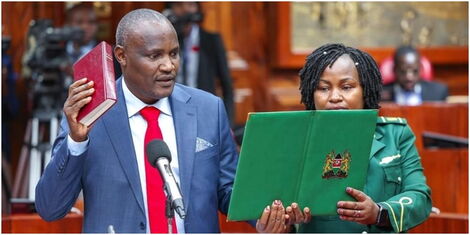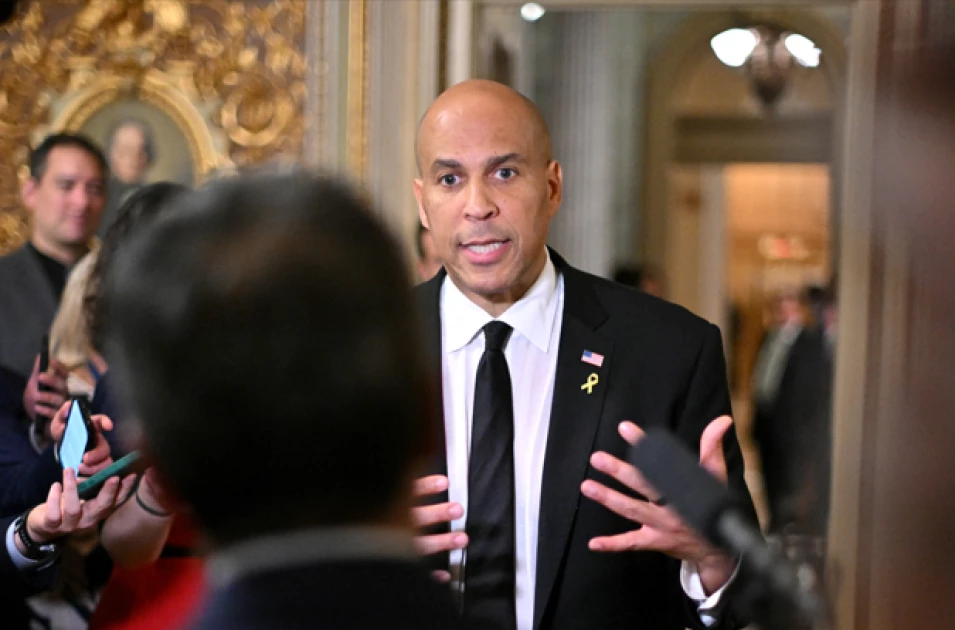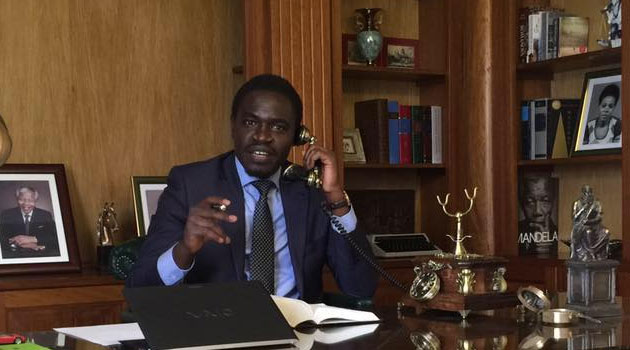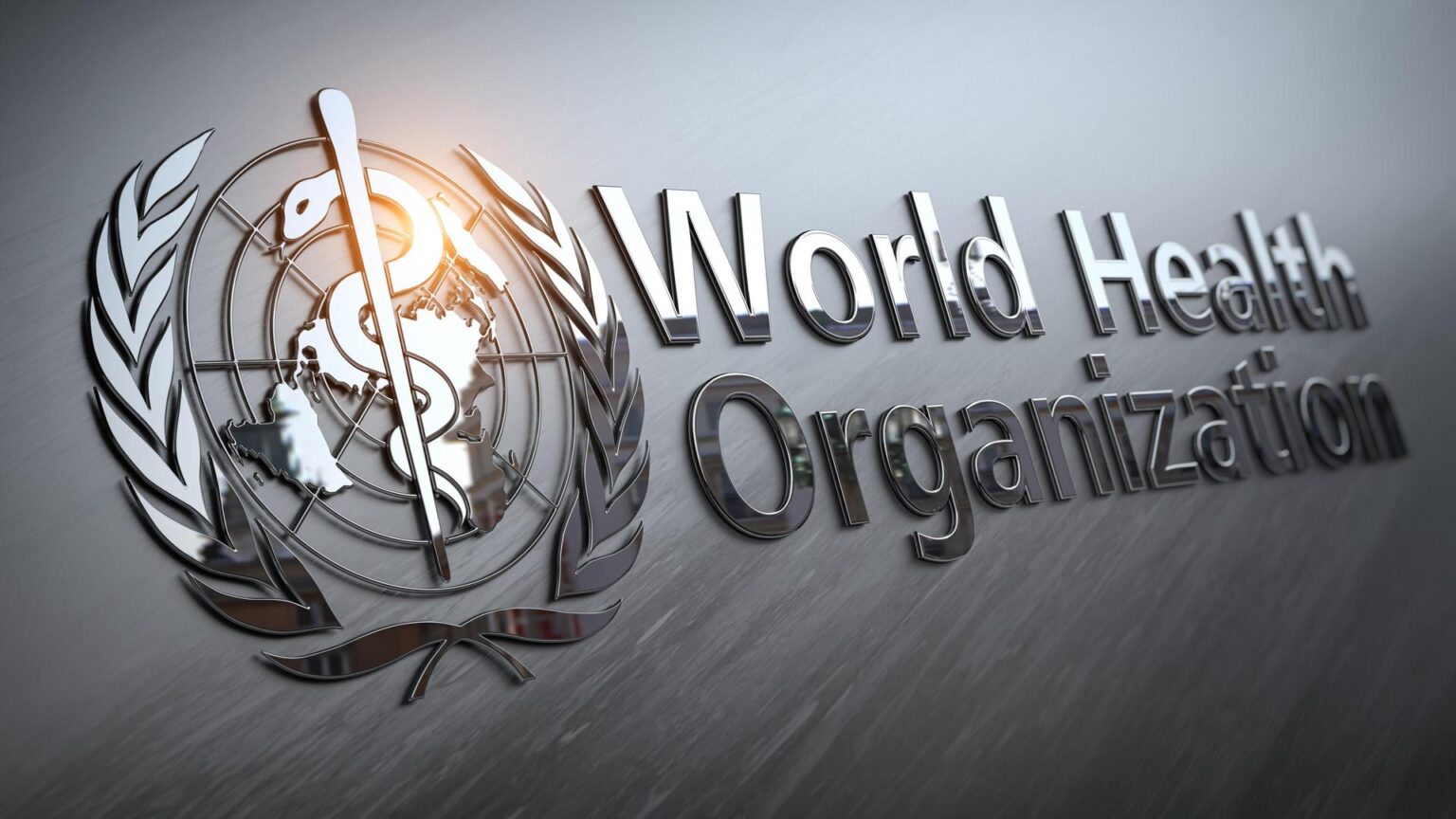African nations have successfully secured a prominent seat at the global tax negotiation table in an unprecedented move pushing forward a new United Nations Tax Convention aimed at establishing fairer international tax rules.
This victory comes after years of relentless advocacy, with African countries now poised to address the critical issues of tax evasion, illicit financial flows, and harmful tax competition that have long stifled their economic development.
On August 16, 2024, United Nations member states adopted the Ad Hoc Committee’s Draft Terms of Reference for a United Nations Framework Convention on International Tax Cooperation. This marks a historic moment where, for the first time, all UN member states, regardless of economic stature, will collaborate on equal footing to shape global tax policies. This development has been hailed as a significant achievement for Africa, a continent that has often been sidelined in international financial negotiations.
“This is a momentous occasion for Africa,” said Chenai Mukumba, Executive Director of the Tax Justice Network Africa (TJNA). “For too long, the current tax system has disproportionately favored wealthy nations, leaving developing countries, particularly in Africa, struggling to generate the necessary revenue to fund their own development. This new convention offers a chance to correct these systemic imbalances and reclaim resources lost to tax abuse.”
The UN Tax Convention is designed to fill a crucial gap in the global financial system, which has traditionally lacked effective institutions for international tax cooperation. This void has allowed multinational corporations to exploit weaker tax jurisdictions, depriving African countries of much-needed revenue. According to a briefing paper by Global Policy Forum Europe and partners, reforms to the corporate tax system could generate an additional $500 billion annually, while a wealth tax on high-net-worth individuals could bring in another $200 billion. Moreover, the introduction of progressive environmental taxes on a global scale could not only increase revenue but also drive sustainable development efforts worldwide.
Nigeria, speaking on behalf of the Africa Group during the negotiations, described the vote as a triumph for all countries that have long sought a just and inclusive international tax system. “The UN Tax Convention represents a paradigm shift,” the Nigerian delegation stated. “For the first time, all UN member states can work together on equal terms to establish global tax rules that benefit everyone, not just the wealthiest nations. This is a victory for justice, equity, and international cooperation.”
The adoption of the UN Tax Convention is expected to have far-reaching implications, particularly in addressing the global challenges of extreme poverty, climate change, and post-pandemic recovery. By curbing tax abuse, corruption, and money laundering, the convention could unlock billions of dollars in additional revenue—funds that can be reinvested in achieving the Sustainable Development Goals (SDGs) and improving the lives of millions across the continent.
As Africa steps into this new era of global tax cooperation, the continent is not merely participating but leading the charge for a more equitable world. The success of this initiative is a testament to Africa’s growing influence on the global stage and its unwavering commitment to forging a fairer and more just international economic order.
This story reflects the significant shift in Africa’s role in global financial governance, underscoring the continent’s determination to secure a future where it can thrive on its own terms. As reported by The East African, this victory is not just for Africa but for all nations striving for a fairer, more inclusive global economy.
This story was drawn from various sources including the East African.
Source:East African














